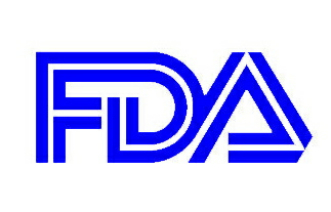The FDA has released a statement about the Environmental Working Group (EWG) analysis of a NARMS study about antibiotic-resistant bacteria on meat for sale in American grocery stores. That analysis found that meat harbored “significant amounts” of superbug versions of Salmonella and Campylobacter as well as antibiotic-resistant strains of E. coli.
 FDA scientists state that “we believe the EWG report oversimplifies the NARMS data and provides misleading conclusions.” They reason that the report highlights resistance of Enterococcus, which is not considered a foodborne pathogen, and that since Enterococcus bacteria is naturally resistant to the antibiotic class of lincosamides, which scientists expect, there shouldn’t be concern about this resistance.
FDA scientists state that “we believe the EWG report oversimplifies the NARMS data and provides misleading conclusions.” They reason that the report highlights resistance of Enterococcus, which is not considered a foodborne pathogen, and that since Enterococcus bacteria is naturally resistant to the antibiotic class of lincosamides, which scientists expect, there shouldn’t be concern about this resistance.
They also state that NARMS includes some antibiotics in its testing design for “epidemiology purposes”, but resistance to these antibiotics doesn’t reflect a danger to public health. They also say that first-line treatments for all four bacteria that are tracked are still effective. Finally, they say that it is “inaccurate and alarmist to define bacteria resistant to one, or even a few, antimicrobials as ‘superbugs’ if these same bacteria are still treatable by other commonly used antibiotics.”
FDA scientists say that it’s important that Salmonella bacteria is not resistant to fluoroquinolone, which is the “drug of choice” for treating salmonellosis infections, and that Salmonella resistance to trimethoprim-sulfonamide remains low. They are also encouraged that fluroquinolone resistance in Campylobacter has stopped increasing since FDA withdrew the use of this drug class in poultry in 2005.
The statement ends with these words “FDA has created a strategy for the judicious use of medically important antimicrobials in food-producing animals that states their use should be limited to situations where the drugs are necessary for ensuring animal health, and has done so under veterinary guidance.” But they do not mention that the “strategy” is voluntary, with guidance documents and not regulations. Groups such as Johns Hopkins Center for a Livable Future say that a public policy solution is needed to solve this problem, with “regulators and regulations” instead of suggestions.




